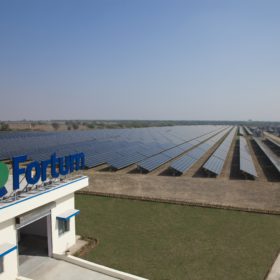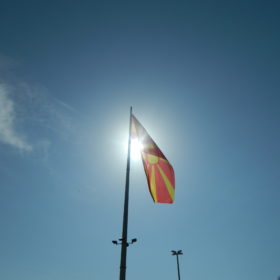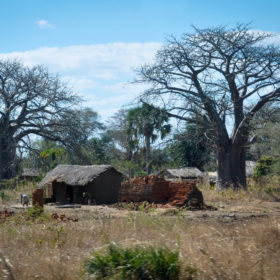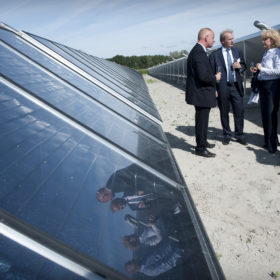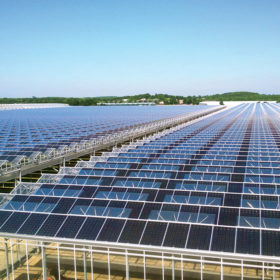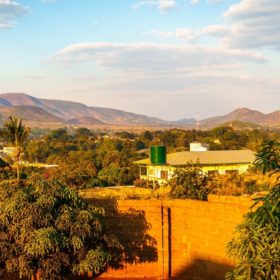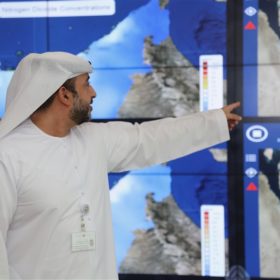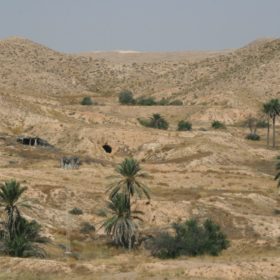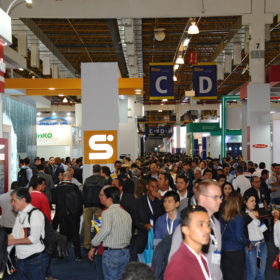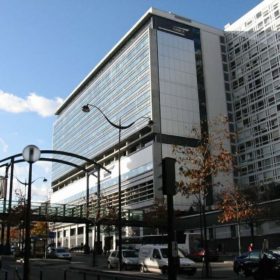Only three bids for Montenegro 200 MW solar tender
The interested developers are a consortium formed by Fortum and local utility EPCG; Malta-based IREDL; and a domestic group named Montesolar.
Macedonia’s utility goes solar to the tune of 10 MW
The €10 million project is planned to be tendered in early 2019, and likely to be part financed by the European Bank for Reconstruction and Development.
Malawi needs technology roadmap for national PV drive
According to South African research institute CSIR, the southeast African nation may raise its target for rooftop solar to 50,000 installations by 2030. The institute is seeking consultants to define the future solar roadmap for the country.
Vattenfall expands PV business in the Netherlands
The company’s Dutch unit, Nuon, has agreed to acquire three solar projects totaling 27.5 MW of capacity from Powerfield. The projects will be developed under the Netherlands’ SDE+ program, for large scale renewables.
France adds 479 MW of solar in H1 2018
The French solar market grew by 59% in the first six months of this year, mainly driven by large-scale solar. Overall, the country’s cumulative installed PV power has surpassed 8.5 GW. However, it looks likely that the government’s 10.2 GW 2018 target will be missed.
Zambia issues RfP for 100 MW of solar
Via the tender, selected developers will be awarded 25-year PPAs for the sale of power to local utility, ZESCO.
UAE uses AI to map its solar potential
A newly created Artificial Intelligence Lab created by the UAE Ministry of Climate Change and Environment will use artificial intelligence (AI) techniques to identify concentrated solar energy locations in the Emirates.
Tunisia plans 1.7 GW solar complex
The solar park is set to be built across three phases, and will be located in Tunisia’s southernmost region of Remana, in the Sahara Desert. The project was conceived by the Tunisian Goverment to support organic farming and improve security at the border with Libya.
Four key takeaways from Intersolar South America
The sixth edition of Intersolar South America in Sao Paulo has showed unequivocally that both international and Brazilian players firmly believe in the big potential of the Brazilian solar market, despite the current political uncertainty and usual economic challenges. Overall, the event was larger and of a higher quality than last year, while in the absence of future dates for new large-scale solar auctions, and stable conditions for private PPAs, DG is emerging as the market’s main driver.
Private PPAs for renewables take hold in France
The first movers are two big energy consumers – the Airport of Paris and state-owned railway company, SNCF – which have decided to consider bids from renewable energy producers. According to Xavier Daval from local association, SER-Soler, private PPAs will be able to offer the stable electricity prices currently being granted by nuclear power, over the next few years.

